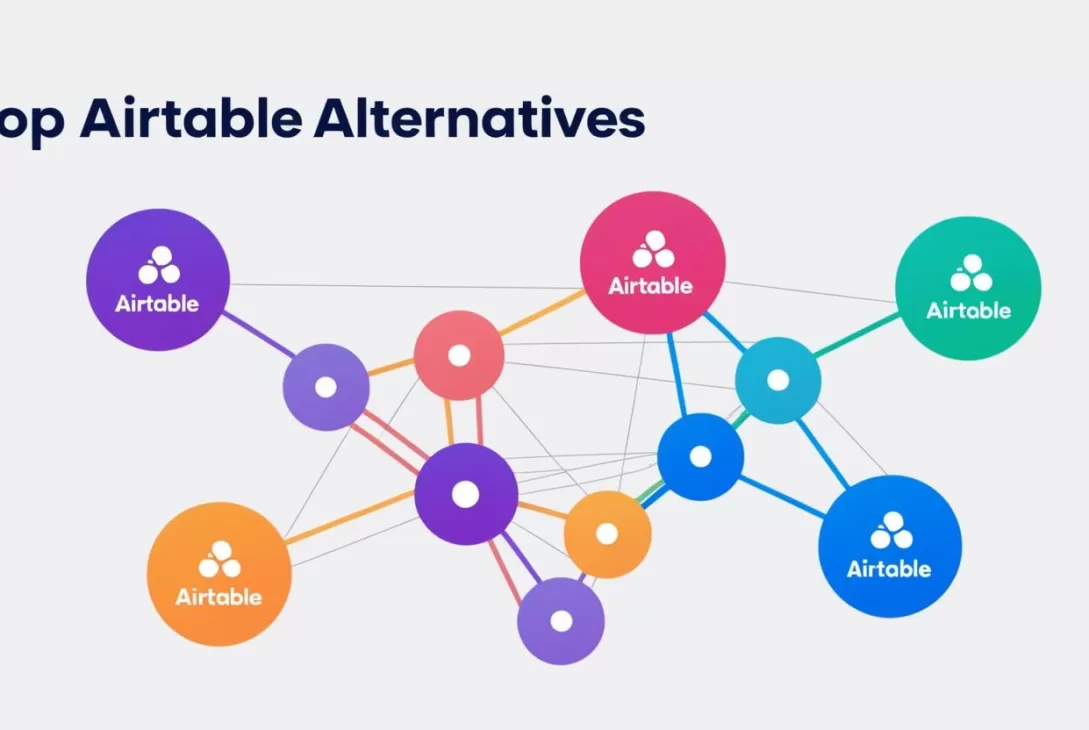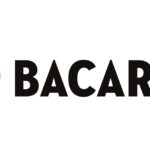If you’ve used Airtable before, you know it’s a flexible tool that helps teams organize just about anything—from editorial calendars to client contacts. But as your team grows or your needs shift, you might find yourself asking: “Is there something better for us?”
Whether you’re looking for more features, a simpler interface, or lower costs, there are plenty of Airtable alternatives out there that can help your team stay productive and organized. Let’s walk through some of the best options that might just be the perfect fit for you.
Why Look for Alternatives to Airtable?
While Airtable is powerful, it might not check all the boxes for every team. Here are a few reasons you may want to explore other tools:
- Price: Airtable can get expensive as your team grows.
- Learning curve: Some users find it tricky to get started.
- Limited reporting: It’s less ideal for teams that rely heavily on advanced analytics.
- Scalability: Larger organizations might need more robust features or enterprise-level security.
So, what can offer similar versatility with better alignment to your needs? Let’s dive in.
1. Notion – Best for All-in-One Productivity
If you’re looking for a tool that combines notes, tasks, and databases in one place, Notion is a strong contender. Think of it as your digital notebook mixed with project management superpowers.
I’ve personally used Notion to track content ideas, plan vacations, and even manage household chores. It’s flexible and very user-friendly once you get the hang of it.
- Use case: Great for teams that want everything—from documentation to task management—in one tool.
- Highlights: Beautiful interface, rich content embedding, and collaboration features.
- Limitations: Not as powerful for complex databases or automations.
2. SmartSuite – Best for Flexible Project Management
SmartSuite is like if Airtable and Trello had a baby. It offers the visual layout you may love in Airtable but adds extra customization, template options, and powerful collaboration tools.
It’s especially handy for teams juggling multiple workflows across departments—like HR, marketing, and operations—all within one dashboard.
- Use case: Ideal for teams that want project management and data organization in one place.
- Highlights: Clean UI, built-in form builder, and 15+ views including calendar, timeline, and kanban.
- Limitations: Currently still growing its integration and automation features.
3. NocoDB – Best Open-Source Alternative
Prefer open-source solutions? NocoDB transforms your SQL databases into a smart spreadsheet interface—kind of like turning your backend into a visual playground.
It’s like Airtable, but you’re in charge of the data framework, which is great for developers or tech-savvy teams.
- Use case: Ideal for tech teams that want to stay close to the database but need a user-friendly UI.
- Highlights: Self-hosting option, works with PostgreSQL, MySQL, and more.
- Limitations: Requires some technical setup and may not be as intuitive at first.
4. ClickUp – Best for Task-Heavy Teams
If your team lives in the world of to-dos, timelines, and deliverables, ClickUp may be your new best friend. It’s known for its robust project management capabilities that scale well as teams grow.
ClickUp offers different views—list, board, Gantt—and supports everything from simple tasks to full-blown product roadmaps.
- Use case: Perfect for project-driven teams (think marketing, development, operations).
- Highlights: Time tracking, automation, goal setting, integrations galore.
- Limitations: Can feel overwhelming with too many features for small teams.
5. Coda – Best for Custom Docs Meets Apps
Think of Coda as a document that can turn into an app. Sounds wild, right? It combines the simplicity of Google Docs with the flexibility of spreadsheets and powerful logic blocks.
I once used Coda to build a client onboarding doc that automatically tracked tasks and sent reminders. It was like having a mini app inside a doc!
- Use case: For teams looking to build lightweight internal tools or custom workflows.
- Highlights: Packs (integrations with third-party tools), automations, formulas.
- Limitations: Slight learning curve if you’re new to app-style functionality.
6. Stackby – Best for Data + API Integrations
Got lots of data living in other platforms like YouTube, Google Analytics, or Mailchimp? Stackby lets you pull that data in directly and organize it in spreadsheet-like tables.
This is super handy for marketing teams keeping tabs on campaign metrics or content managers tracking performance analytics.
- Use case: Great for teams managing dynamic data coming from multiple sources.
- Highlights: Live API connections, column-level permissions, responsive design.
- Limitations: Interface isn’t as polished as Airtable or Notion.
7. Microsoft Lists – Best for Microsoft Ecosystem Users
If your team already lives in Microsoft 365, you’ll want to look into Microsoft Lists. It’s simple, clean, and integrates seamlessly with Teams, Outlook, and SharePoint.
Think of it as a lightweight Airtable alternative that’s great for internal tracking—without leaving your Microsoft universe.
- Use case: Best for organizations already using Microsoft 365.
- Highlights: Smooth integrations, familiar UI, customizable templates.
- Limitations: Limited design/customization compared to competitors.
Which Airtable Alternative Is Right for You?
The best tool really comes down to your team’s specific needs. Ask yourself:
- Do we need something simple, or are we willing to invest time in customizing our workspace?
- How tech-savvy is our team?
- What tools are we already using? (Integration is key!)
If you’re just testing the waters, try out a few free versions. Most of these platforms offer free tiers or trials, so you can explore without commitment.
Final Thoughts
While Airtable remains a rock-solid option for many, there’s no one-size-fits-all solution in the world of productivity tools. Whether you need custom workflows, better pricing, or tighter integrations—with these Airtable alternatives, you’ve got options to explore and tools to empower your team.
So take your pick, try a few, and see which one clicks. After all, the right tool can make a big difference in how smoothly your team gets things done.
Ready to boost your productivity? Give one of these Airtable alternatives a try!








